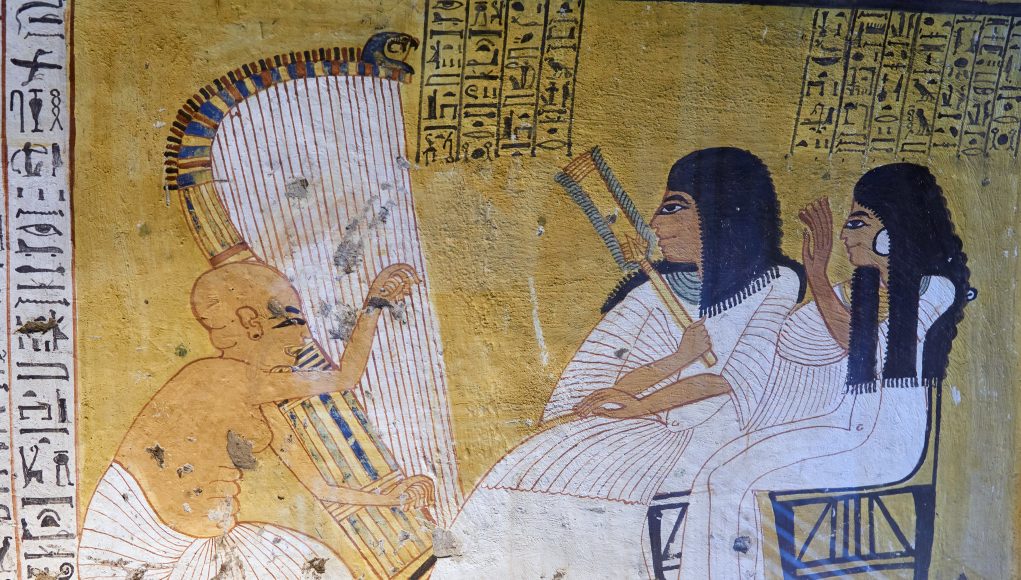The history of music is a captivating tale that traces back to the dawn of humanity. From the rhythmic beats of primitive instruments to the symphonies of modern compositions, music has been an integral part of human expression and culture. Delving into ancient history, we unearth intriguing evidence that sheds light on the origins and evolution of this timeless art form.
The Earliest Echoes:
Music’s origins are shrouded in the mists of time, making it challenging to pinpoint an exact moment of its creation. However, archaeologists and historians have uncovered tantalizing evidence suggesting that music existed long before written records. The first instances of musical expression likely emerged through the human voice, with early humans using vocalizations to communicate, express emotions, and tell stories.
Ancient Musical Artifacts:
Bone Flutes and Drums (40,000 BCE): In regions across the globe, archaeologists have unearthed bone flutes and drums that date back tens of thousands of years. These instruments, crafted from the bones of animals, provide some of the earliest evidence of musical creativity. The Divje Babe flute, discovered in Slovenia, is one such artifact believed to be around 40,000 years old.
Sumerian and Babylonian Hymns (circa 2000 BCE): Ancient civilizations like the Sumerians and Babylonians left behind cuneiform tablets containing hymns and musical notations. These documents offer a glimpse into the musical practices of these societies, revealing their use of various instruments and scales.
Ancient Egyptian Music (circa 3,000 BCE): The Egyptians held music in high regard, as evidenced by tomb paintings, inscriptions, and hieroglyphs depicting musicians and their instruments. They used instruments such as harps, lyres, and percussion instruments in religious rituals, celebrations, and entertainment.
Ancient Greece and Rome (circa 5th century BCE – 5th century CE): The Greeks and Romans left behind written accounts and artistic representations of music. Greek philosophers like Pythagoras explored the mathematical and harmonic aspects of music, while Roman amphitheaters echoed with the sounds of instruments like the aulos and lyre during performances.
Evolution and Global Influence:
As societies evolved, so did their musical expressions. The Middle Ages saw the emergence of Gregorian chants in Christian liturgy, while the Renaissance brought about the flourishing of polyphony and the birth of opera. The Baroque, Classical, Romantic, and Modern eras witnessed remarkable innovations and transformations in musical composition and instrumentation.
The history of music is a captivating journey that spans across cultures, civilizations, and millennia. From the humble beginnings of vocalizations and bone instruments to the grand symphonies of today, music has evolved as an essential medium of human expression, creativity, and communication. As we uncover more evidence from ancient history, we gain a deeper appreciation for the profound impact that music has had on shaping our world.








